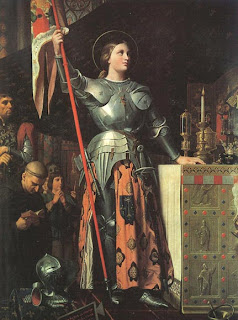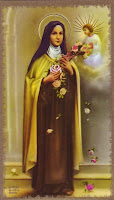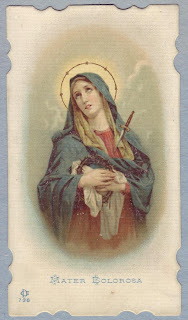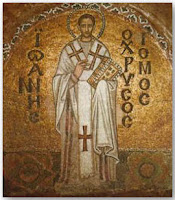The artists referred to in the piece are Jean-Auguste Dominque Ingres and his friend François-Marius Granet. However, what peaked my interest was the following:
Unlike his teacher, David, Ingres did not involve himself in politics
I do not remember knowing that Ingres had been a pupil of artist Jacques-Louis David. Could it be that I forgot?
It has been many years that I studied art history in college. Back then I was intrigued by David's subject matter, especially the visually disturbing yet intriguing Death of Marat. It is in recent years that the beauty of Ingres' masterpieces have touched my Catholic heart.

There is a comparative study at the Royal Academy of Arts of the above painting and the portrait of Napoleon below.

Picture source for the painting below of Jean-Auguste Dominique Ingres' Pius V is another blog I will soon be adding to my side bar Hallowed Ground


Picture source for the above Ingres' painting here There is also good information on the artist and painting there too.















